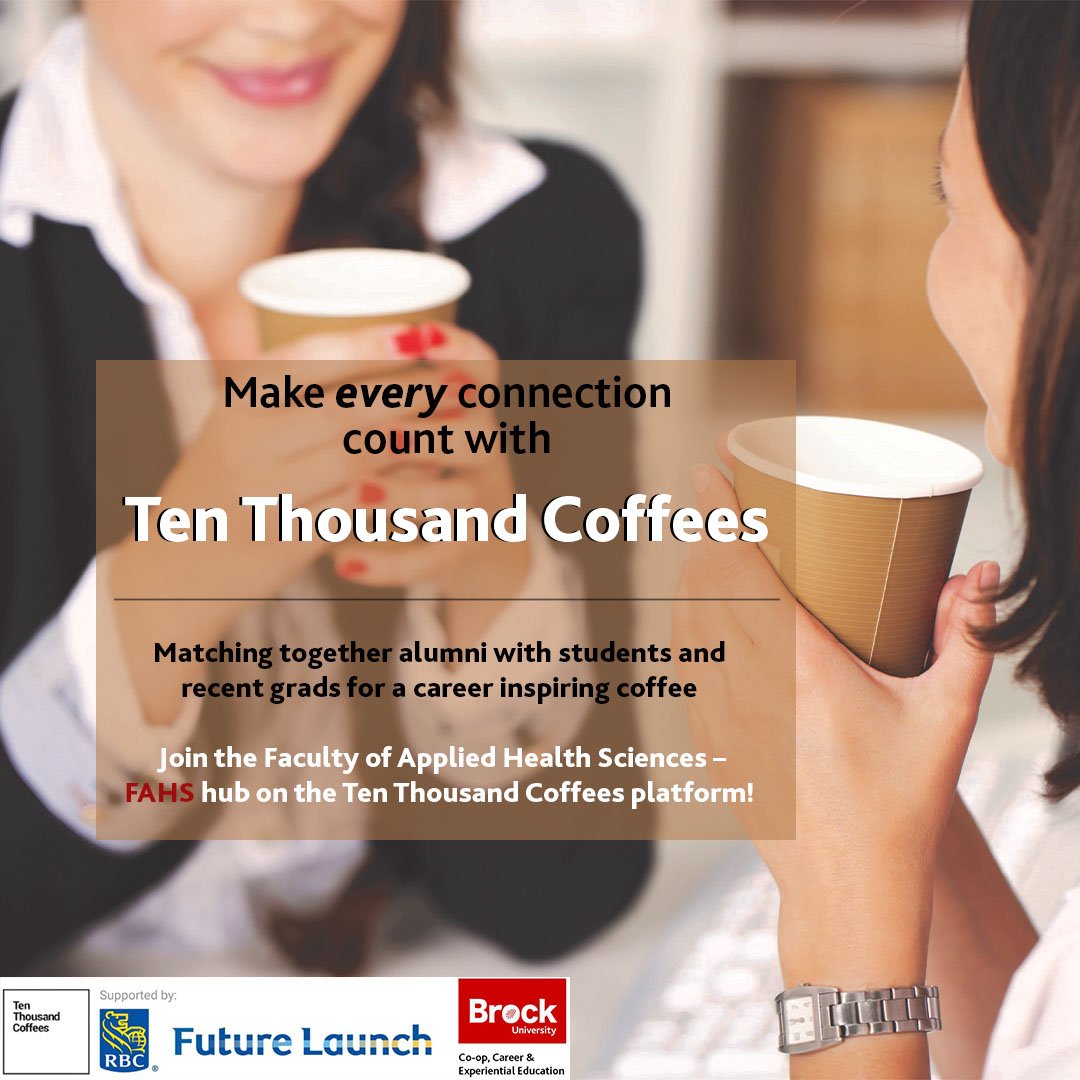As we head in to August and start to think about employment and volunteer opportunities for the fall and winter, it is important to start prepping our job search documents to make sure they stand out in the competitive market. Cover letters are a great way for employers to understand a little bit more about who you are, what your qualifications and skills are, and how you might complement their organization. Before you start writing a cover letter, it is important to understand the document’s purpose. A cover letter is sent alongside your resume to provide detailed information on your skills and experiences.
Here are some important reminders to get you started:
- The letter is meant to be an introduction to you and your skills and why you are qualified for the job.
- Don’t simply repeat what’s on your resume -- rather, include specific information on why you’re a strong match for the employer’s job requirements.
- Think of your cover letter as a sales pitch that will market your credentials and help you get the interview.
A cover letter is an important way to showcase how your unique combination of skills and experience meet the key requirements of the job description. It is your chance to show a clear link between your knowledge, experience and abilities and the needs of the employer. One of the best ways to demonstrate this connection is to customize your cover letter to the specific position you are applying to.
Here are some tips to help you understand how to dissect a job posting. This will help you identify priority skills and experience for a job, and provide you with direction for tailoring your application.
- Read through the position summary and qualifications
- Categorize the job responsibilities into common themes. This could be a specific area of expertise or competency required for the job (e.g. event planning)
- Connect the skills and qualifications to the responsibilities involved in each theme
We hope you find these tips as useful as they have been to us! If you have any questions about cover letters or other job search documents, please feel to email us at career@brocku.ca or access our cover letter resources on http://careerzone.brocku.ca.





